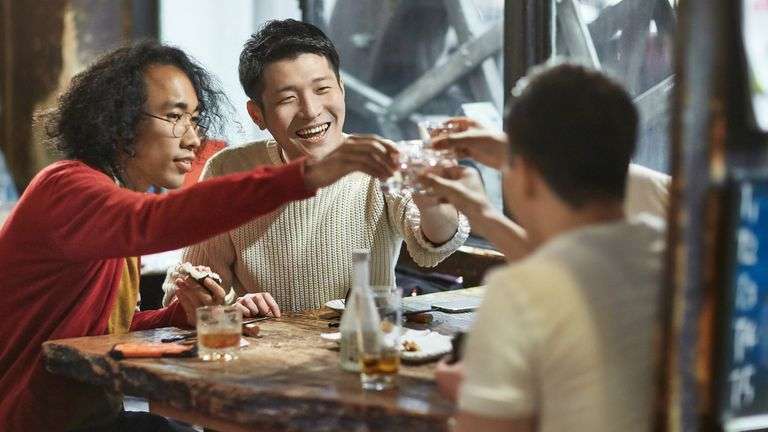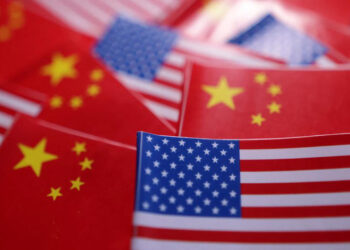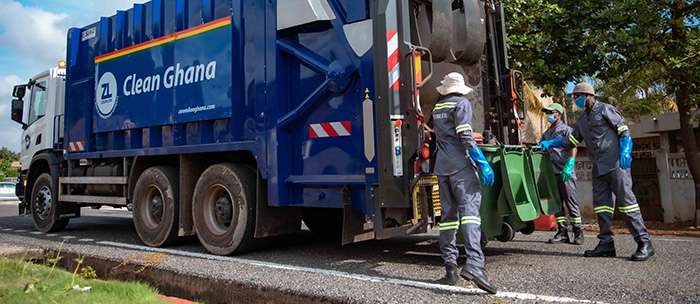Japan has launched a campaign aimed at encouraging young adults in the country to drink more to boost the economy.
The younger generation drinks less alcohol than their parents, a move that has affected taxes from beverages like ‘sake’ (rice wine). The authorities are hoping to change the sober stance of the youth with a new campaign in order to help create a more bustling economy.
In its bid to create a buzz among the youth, the national tax agency has stepped in with a national competition to come up with ideas to reverse the trend. The ‘Sake Viva!’ campaigner hopes to come up with a plan to make drinking more attractive and boost the industry.
The contest requests 20 to 39 year olds to share their business ideas to kick-start demand among their peers, whether it’s for Japanese sake, shochu, whiskey, beer or wine.
The group running the competition for the tax authority says new habits which are partly formed during the COVID pandemic and an ageing population have led to a decline in alcohol sales.
As a result, the authorities want contestants to come up with promotions, branding and even cutting-edge plans involving artificial intelligence to revive interest.
Reactions to ‘Sake Viva’ campaign
Japanese media say the reaction has been mixed, with some criticism about the bid to promote an unhealthy habit. However, others have posted quirky ideas online such as famous actresses “performing” as virtual-reality hostesses in digital clubs.
Contestants have until the end of September to put forward their ideas. The best plans will then be developed with help from experts before the final proposals are presented in November.
The campaign’s website reveals that Japan’s alcohol market is shrinking and the country’s older demographic, alongside declining birth rates is a significant factor behind it.
Recent figures from the tax agency show that people were drinking less in 2020 than in 1995, with numbers plummeting from an annual average of 100 litres (22 gallons) to 75 litres (16 gallons).
Also, tax revenue from taxes on alcohol has also shrunk over the years. According to the Japan Times newspaper, it made up 5% of total revenue in 1980, but in 2020 amounts to just 1.7%. Similarly, the World Bank estimates that nearly a third (29%) of Japan’s population is aged 65 and older – the highest proportion in the world.
Concerns about the future of ‘sake’ is not the only problem that poses threats to Japan’s economy as there are concerns about the supply of younger staff for certain types of jobs and care for the elderly in the future.
In light of this, Japanese companies are reviewing opening hours as they struggle to recruit younger staff, because the overall population demographic is becoming much older, with more retired people. Also, restaurants and convenience stores are closing earlier because of staff shortage and the fact that older consumers do not stay out late.
There is also a growing number of households where one elderly person is looking after another in need of nursing care.
READ ALSO: 2022-23 NBA Regular Season To Feature 45 Weekend Games On Primetime In Africa





















